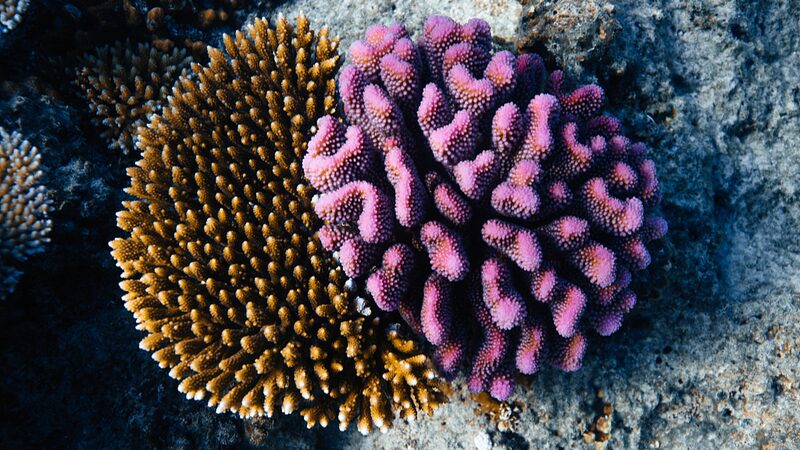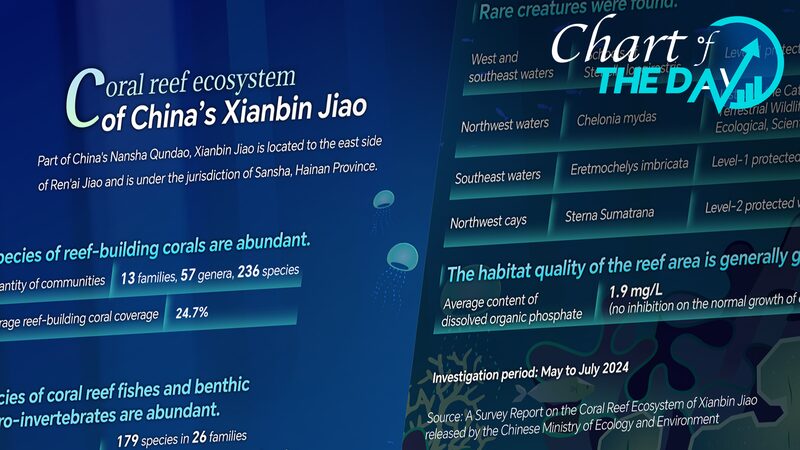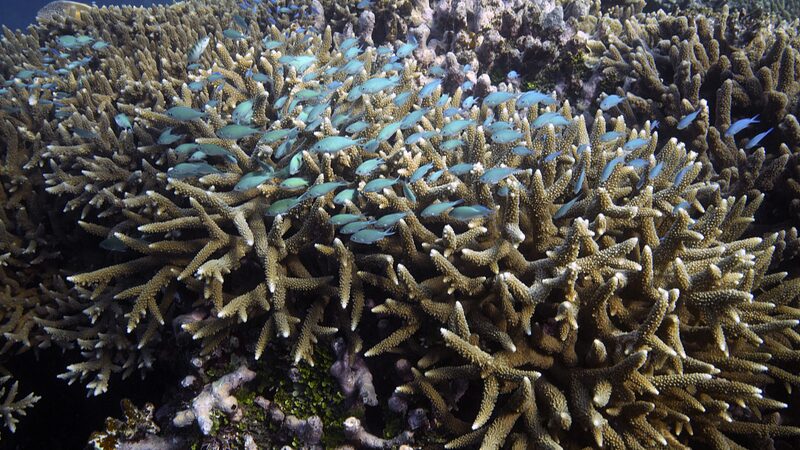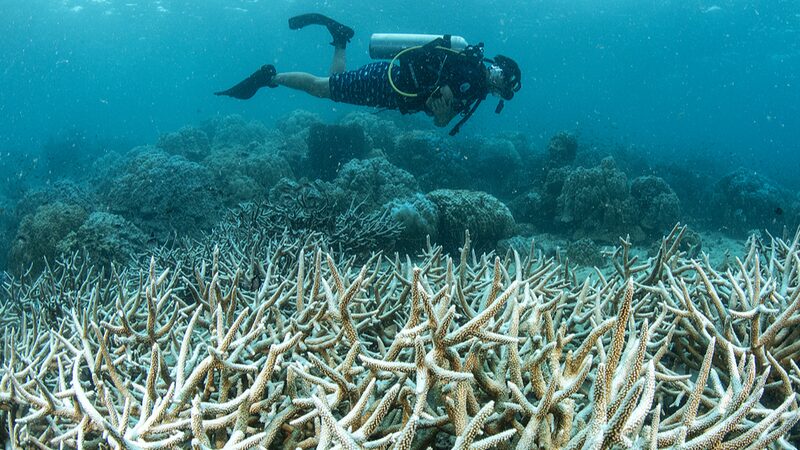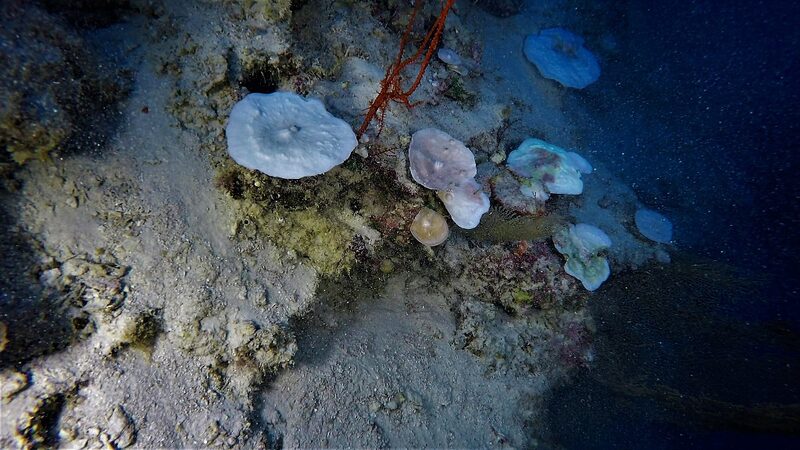A groundbreaking study published in Proceedings of the National Academy of Sciences reveals that extreme marine heat waves have tripled in frequency since the 1940s, with global warming driving nearly half of these events. Researchers from institutions including the Mediterranean Institute for Advanced Studies and the University of Reading found that days of extreme ocean surface heat surged from 15 annually in the 1940s to nearly 50 today, threatening marine ecosystems and weather patterns.
\"Marine heat waves can devastate underwater ecosystems,\" said co-author Xiangbo Feng of the University of Reading, highlighting risks to coral reefs, kelp forests, and seagrass meadows. The study warns prolonged oceanic heat may also destabilize atmospheric conditions, potentially intensifying tropical storms.
The findings underscore a climate feedback loop: warmer oceans release more heat into the atmosphere, exacerbating extreme weather. For Asia—home to critical marine biodiversity and coastal economies—the trends signal urgent challenges for fisheries, storm preparedness, and ecological preservation.
Reference(s):
Extreme marine heat waves tripled over past 80 years, study finds
cgtn.com

